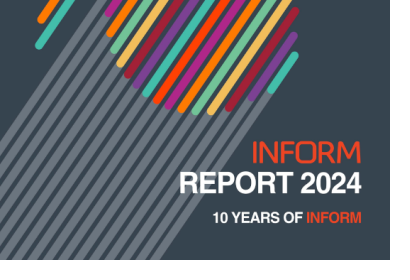Since the end of the 1990s, many countries around the world began to implement the notion of disaster risk management as a paradigm shift to enable a shift from the existing and reactive disaster response efforts to a more proactive way of addressing the root causes of risks. This new framework introduced the notion of risk as the set of pre-existing conditions that represented the predisposition of an asset, a livelihood, a community, a city, a province, or a country to be affected by a natural hazard. Risk was initially defined as the combination of hazard and vulnerability. Subsequent definitions introduced the notions of exposure and coping capacity. The new paradigm was introduced to steer efforts in the reduction of the impacts and effects of natural hazards through the implementation of measures aimed to reduce the level of vulnerability and exposure of those assets, livelihoods, communities, etc, to hazards and disaster preparedness, including early warning systems.
Since then, international and regional organisations, national agencies, NGOs and researchers began to develop procedures to estimate vulnerability, to improve the knowledge of hazards, to map the exposure of such elements, to assess risks, and to contribute to disaster risk reduction efforts. One of those procedures, developed and launched by the Joint Research Centre (JRC) of the European Commission (EC) a decade ago, is the Index for Risk Management or INFORM. As stated by this Commission, INFORM is a collaboration of the Inter-Agency Standing Committee Reference Group on Risk, Early Warning and Preparedness and the European Commission. More information on INFORM is available here.
The 2024 edition of the annual report of INFORM was recently launched, and shows a general increase in the risk, despite an increase in coping capacities. On a more regional scale, the largest increase in risk over the decade was found to occur in the Americas, and a general increase in risk in all regions besides Asia. In terms of root causes for these crises, the report found that human factors, including displacement, conflict, violence, political instability, are significant drivers of large increases in risk. This 2024 annual edition of INFORM can be accessed here.

